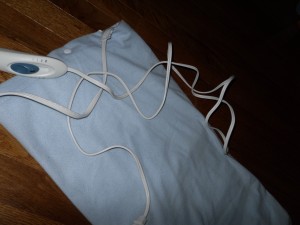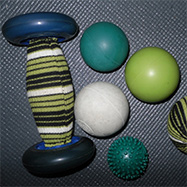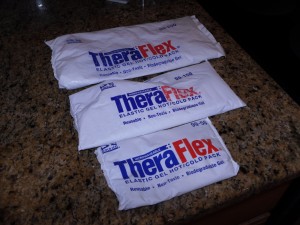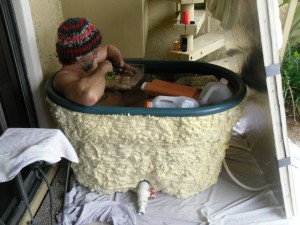Cold and Hot Therapy Pain Relief
Cold and Hot Therapy Pain Relief. I am an athlete, albeit an older, wiser athlete and this gives me an edge. I continue to enjoy sports, exercise and activities in a youthful and energetic way through self treatment, trigger point therapy, sound nutrition and attention to my posture and my gait. I rely on these and other home remedies such as Heat and Ice.
Cold Therapy Pain Relief
Cold Therapy or CT for Pain Relief. CT uses cold in the event of acute trauma or sub acute injury. The cold lowers the temperature in the injured area reducing the metabolic rate and decreasing the production of metabolites and heat.
Cold and Hot Therapy Pain Relief
Cold Reduces Inflammation
Cold reduces additional damage to injured tissue by reducing inflammation. Ice packs, cold and ice whirlpools, cold tubs, ice massage and cold sprays all work wonders. Ice tends to alleviate the severity of injuries and trauma. Cold should be applied the first 72 hours, but the time may vary depending on the size of the cold therapy being used and the size of the human.
Stages of Cold Therapy
The first stage of cold therapy could be uncomfortable, followed by possible stinging, then a burn or an ache and then numbness. CT or Cold Therapy can be utilized from 5-15 minutes.
Cold Tub
Cold and Hot Therapy Pain Relief. For additional information on cold therapy and a more in depth look at CT and constructing your own cold tub, acclimating to the CT and cold tub, pros and cons, benefits, etc. please see the future post on Constructing Your Own Cold Tub.
 Heat Therapy Pain Relief
Heat Therapy Pain Relief
Heat Drives Nutrients
Heat Treatment increases tissue temperature thus increasing blood flow driving nutrients to the area to assist in recovery and healing. Self treatment with moist heat, sauna, warm stones or dry hot pad used between 15-20 minutes will amplify healing.
Heat vs. Cold
I recommend using cold first, heat increases inflammation, so it should be the second application. Heat should not be the first choice and it should be done after icing period. Using ice and heat in contrast is a nice option as well. Heat works well on shoulder spasms and glute/piriformis spasms. However, clients have told me that they cannot stand ice. I always recommend they use what they like and what feels healing and therapeutic. Start gentle and easy, tuning into your body and making sure you do just what it needs. You will be able to tell if the ice or the heat feels best.
 Sauna, Steam, Hot Tub, Epsom Salt Baths
Sauna, Steam, Hot Tub, Epsom Salt Baths
Great results have been noted with heat on spasms. Sauna, Steam, HOt Tub, Epsom Salt Bath and Warm Stones can be utilized to warm fascia and sore tissue. My theory is ice and heat along with therapy from a qualified Integrative Neurosomatic Therapist can reduce spasms.
 Trigger Point Release
Trigger Point Release
Hands on myofascial release and trigger point release by an experienced therapist followed by prescribed foam roller, tennis ball home treatment always helps with injuries from overuse, repetitive use and trauma.
Common Forms of Rehab by Athletes
Two of the most common rehabilitation modalities used by athletes are ice and heat. I am often surprised when folks forget these two self treatments. Patients and clients will often need reminders that they have these simple remedies on hand. My theory is that worry, anxiety, fear and cortisol drain along with the notion to ‘work through it’ takes over and people actually forget about these self treatment options for pain relief. These home treatments can and should be applied immediately. You can treat yourself naturally by listening to the wisdom of your body. Performing self treatment for pain relief is empowering.



